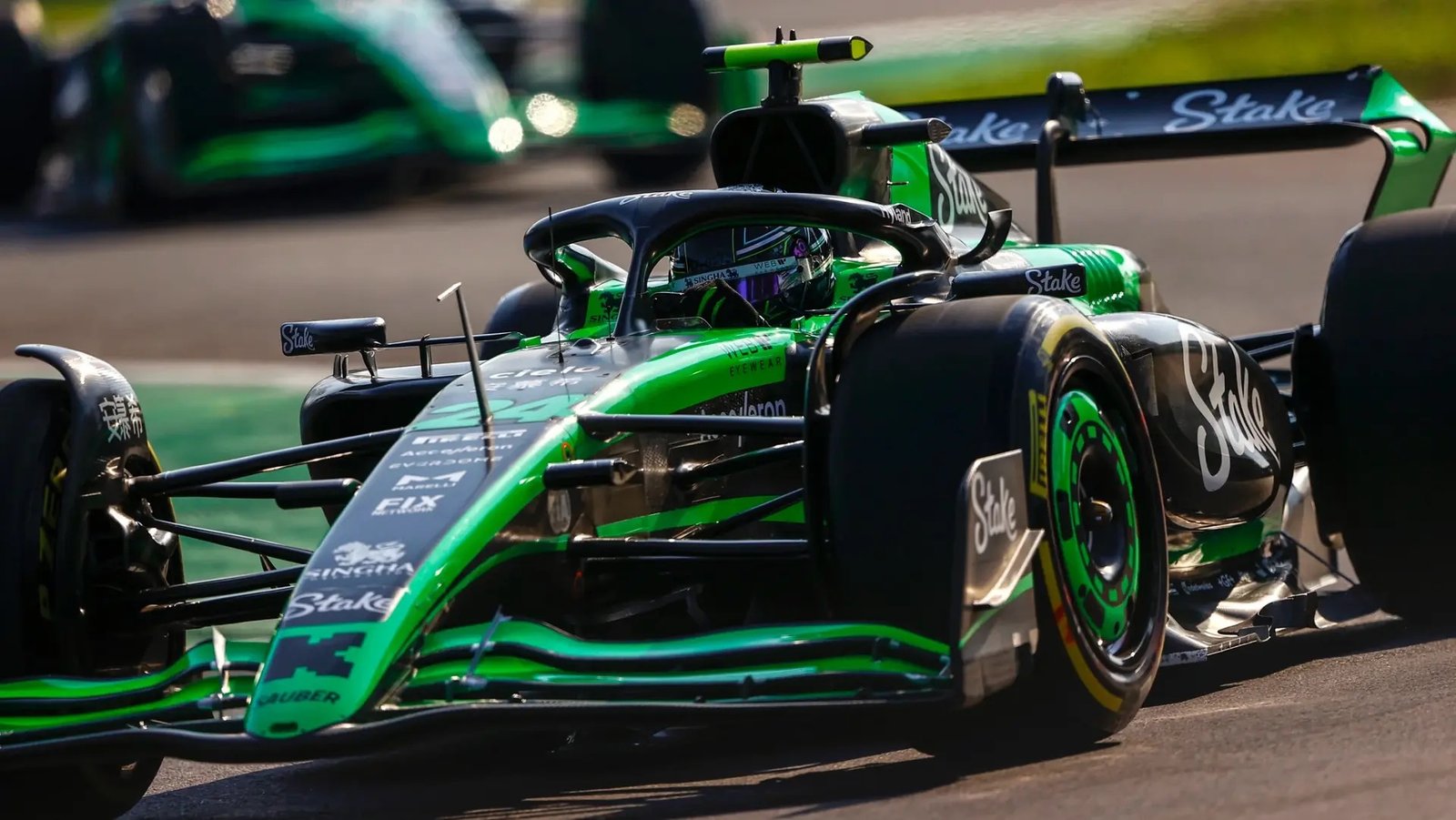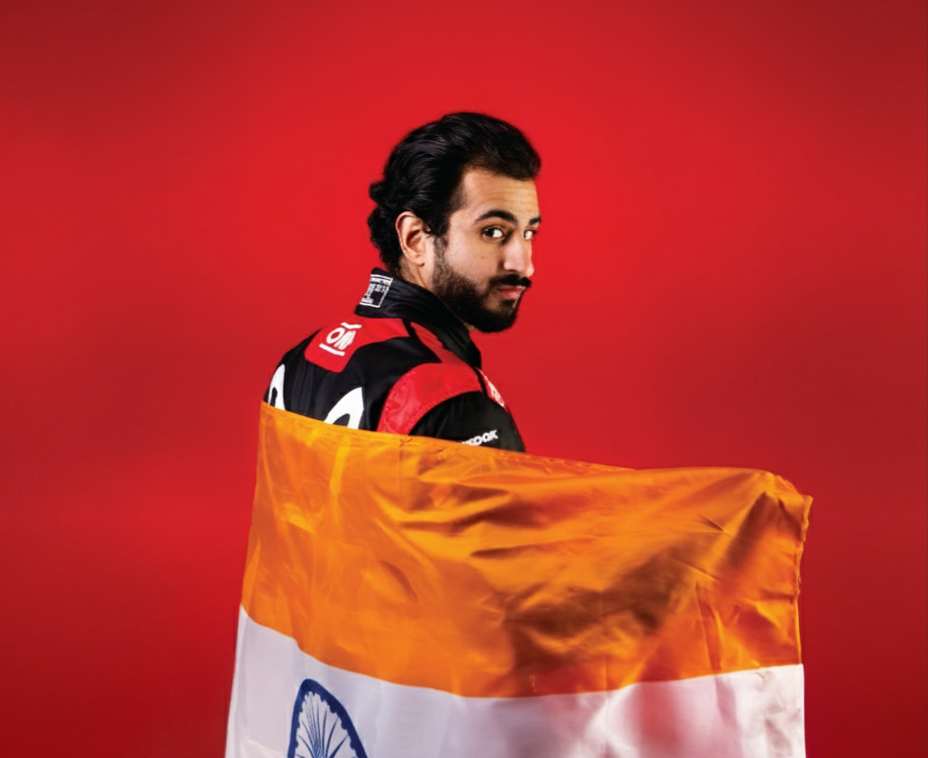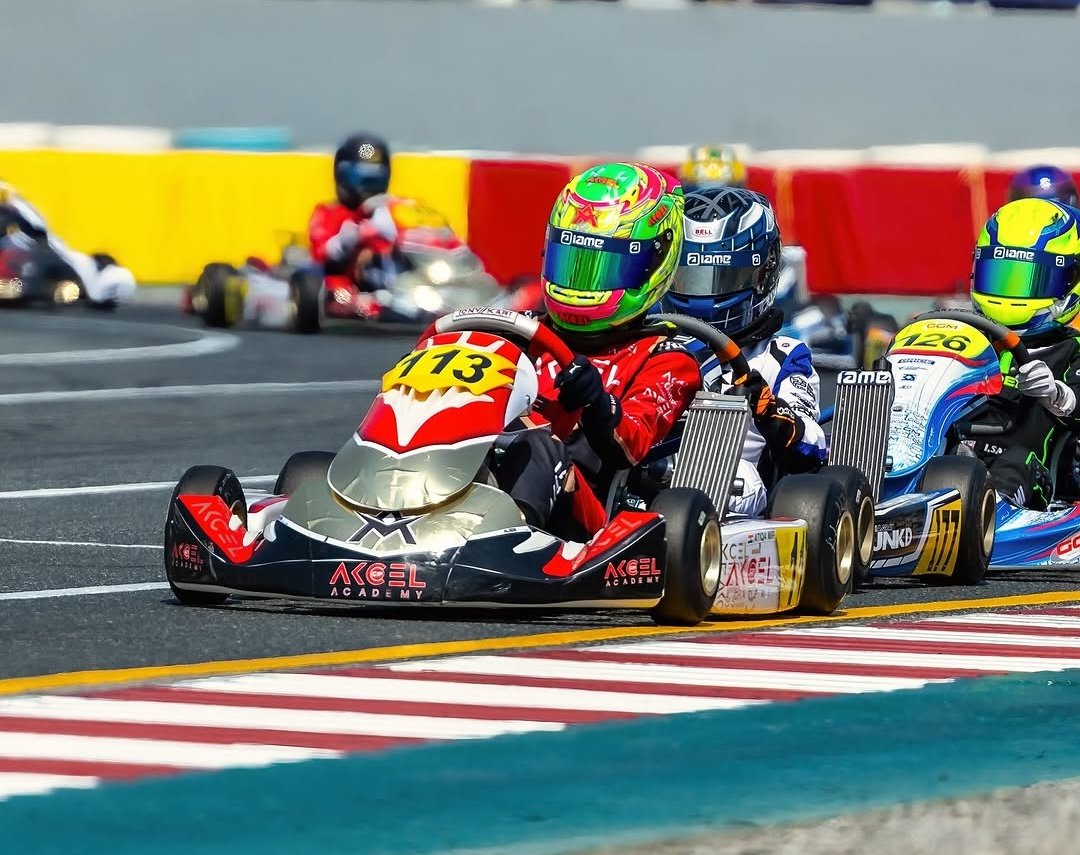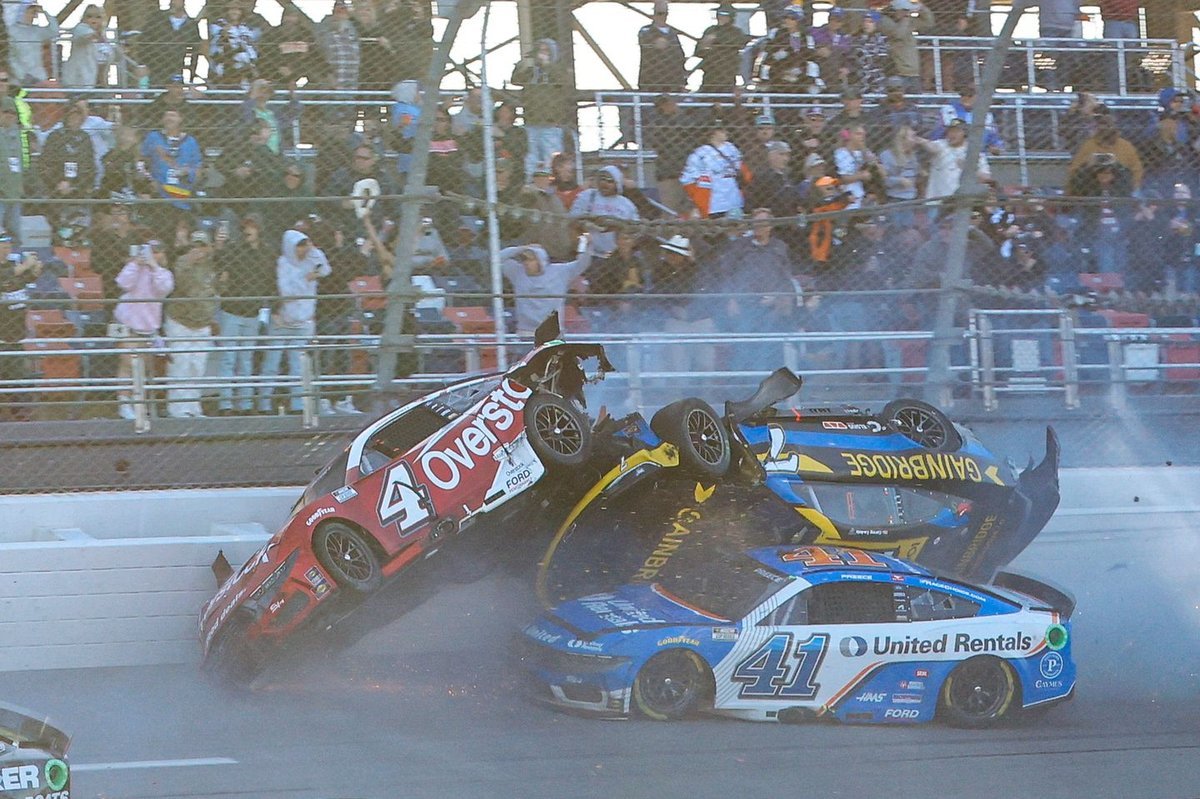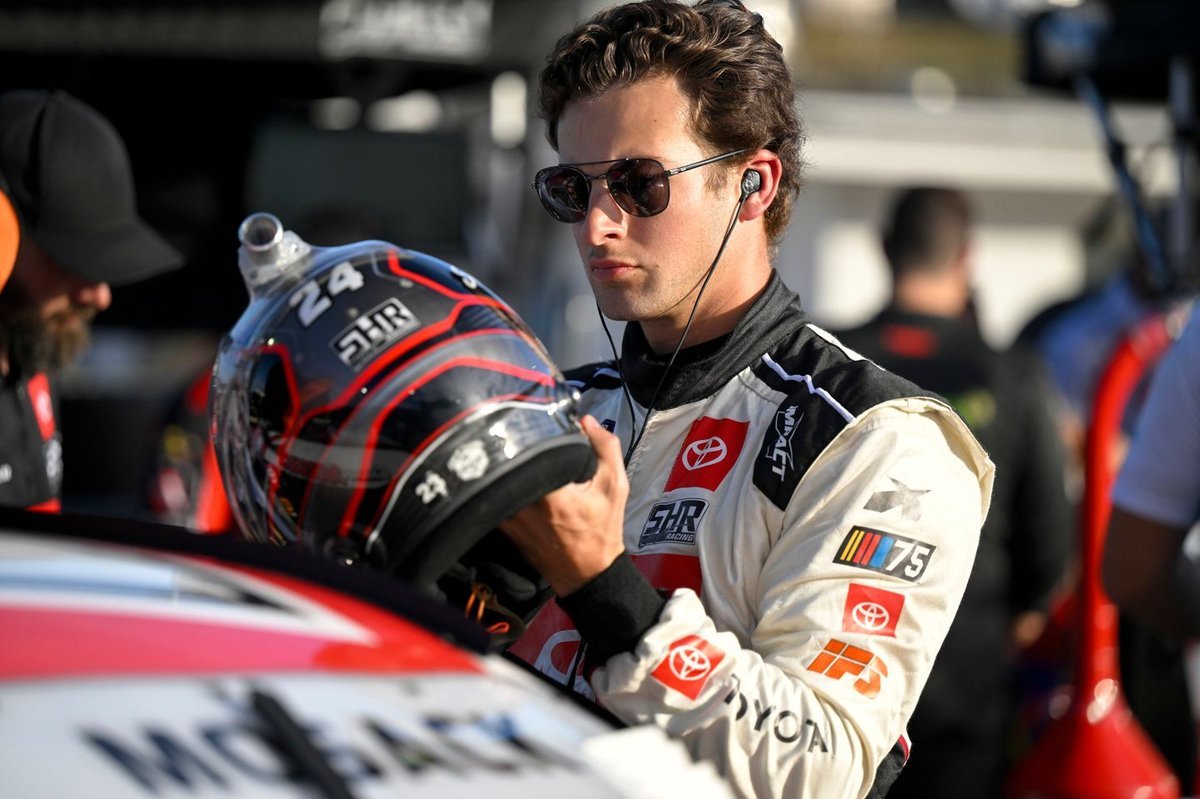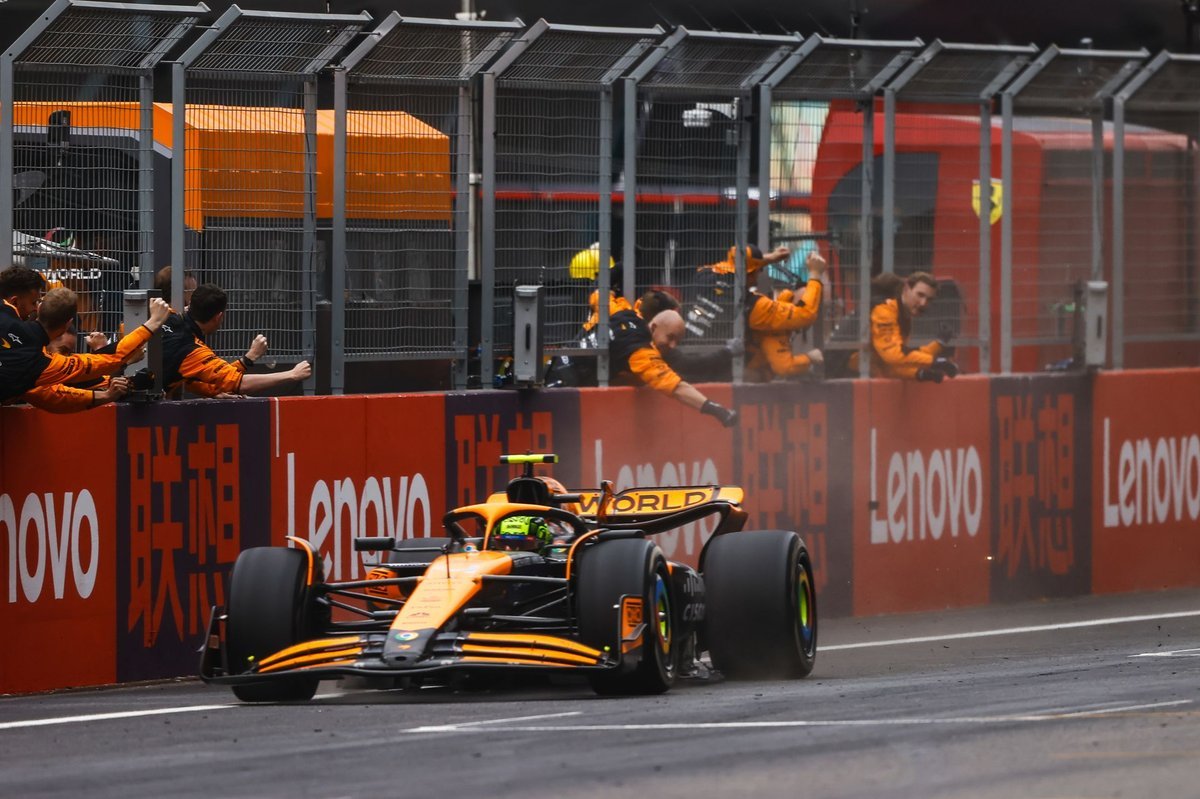
Source – Saubar group
Audi’s executives are adamant that the Sauber team’s performance must increase before to its 2026 conversion to a works team.
Audi’s bold ambition to dominate Formula 1 has encountered a significant challenge as their new chief operating and technical officer, Mattia Binotto, has openly criticized the current performance of Sauber, the team set to transform into Audi’s works team by 2026. Despite Audi’s meticulous efforts to lay a strong foundation for their F1 debut, the dismal results from the Swiss-based Sauber squad have raised alarm bells within the German manufacturer’s camp.
This season, Sauber has found itself rooted to the bottom of the F1 constructors’ championship, the only team yet to score a single point. For Audi, which has grand plans to make a significant impact in Formula 1, this situation is more than just disappointing—it’s entirely unacceptable.
Binotto, who took charge at Audi/Sauber on August 1, has been quick to express his concerns. Speaking at the Italian Grand Prix, he made it clear that the team’s current trajectory is unsustainable if they hope to achieve Audi’s long-term goals. “We cannot afford it,” Binotto stated emphatically. “This is the team that must become a winning team in the future. The only way to achieve that is by starting to move up the ranks now, making progress. We need to train our muscles for the future.”
For Binotto, the message is clear: the status quo must change, and it must change quickly. The team cannot afford to wait until 2026 to start improving; the work must begin immediately if they are to transform into a race-winning operation by the time Audi officially takes over. “We need to improve, that’s crucial for ourselves, the team, the brand, and our partners,” Binotto continued. “We cannot accept our current position.”
The scale of the task facing Audi and Sauber is immense. While the long-term focus remains on becoming a competitive force in Formula 1, Binotto is acutely aware that the team must also address its short-term issues. Recent performances, such as finishing last and second last at Zandvoort and struggling in qualifying at Monza, have underscored the urgent need for improvement.
“We cannot hide from the fact that we were last and second last at Zandvoort, and our qualifying positions at Monza were just as troubling,” Binotto acknowledged. “We need to put in the effort to improve. We must balance our priorities across the short, medium, and long term. But our current position is far from comfortable—it’s painful.”
Source – Motorsport.com
Binotto likens the process of turning Sauber into a winning team to building a muscle—it requires consistent effort, patience, and time. “We need to train our muscles and improve continuously because solid foundations aren’t built overnight. This team must progress every single day, step by step, starting as soon as possible,” he explained.
Since joining the team, Binotto has been busy assessing the state of both the chassis operation in Hinwil and the powertrain division in Neuburg. His early evaluations have confirmed what many suspected: there is a tremendous amount of work to be done. “In a few weeks, you can’t see everything,” Binotto noted. “But you get a first impression of what’s there, both in Hinwil for the chassis and in Neuburg for the powertrain.”
Despite the challenges, Binotto remains cautiously optimistic. “There are great people here, and we have clear intentions and objectives to become a winning team. But there is certainly much to do—that’s my initial feedback,” he admitted. The task ahead is daunting, particularly given that Sauber is competing against well-established teams with far more resources and experience in Formula 1.
“We’re up against teams that have been in F1 for many years; they are large organizations, and that’s not the case for us,” Binotto said, highlighting the disparity between Sauber and its competitors. “We need to ramp up in terms of personnel, organization, tools, processes, methodologies, and facilities. We must integrate our efforts in Hinwil with those in Neuburg on the powertrain.”
But Binotto understands that building a successful F1 team requires more than just technical upgrades—it also requires a cultural shift. “It’s about culture and mindset, too. To become a winning team, we must change our mindset to meet the demands of success,” he emphasized. This shift in culture will take time, but it is essential if Audi is to achieve its long-term goals in the sport.
Echoing Binotto’s sentiments, Audi CEO Gernot Doellner admitted that the challenge of competing in Formula 1 might be greater than initially anticipated. “We view our F1 project as a long-term endeavor,” Doellner said. “After I joined Audi in September last year, we evaluated our project and ended up with the setup we have now. We may have recalibrated our timeline to a more realistic one.”
While Audi remains committed to its F1 ambitions, Doellner’s comments suggest that the timeline for success may need to be adjusted. “We can’t share details yet as we’re still discussing how to proceed, but I believe we’re quite realistic about the time it will take,” he concluded.
The road to success in Formula 1 is never easy, and for Audi and Sauber, the journey ahead will be long and challenging. But with Binotto at the helm and a clear understanding of the obstacles they face, the team is determined to move forward, step by step. Whether they can achieve their lofty ambitions remains to be seen, but one thing is certain: they will not settle for anything less than success.

